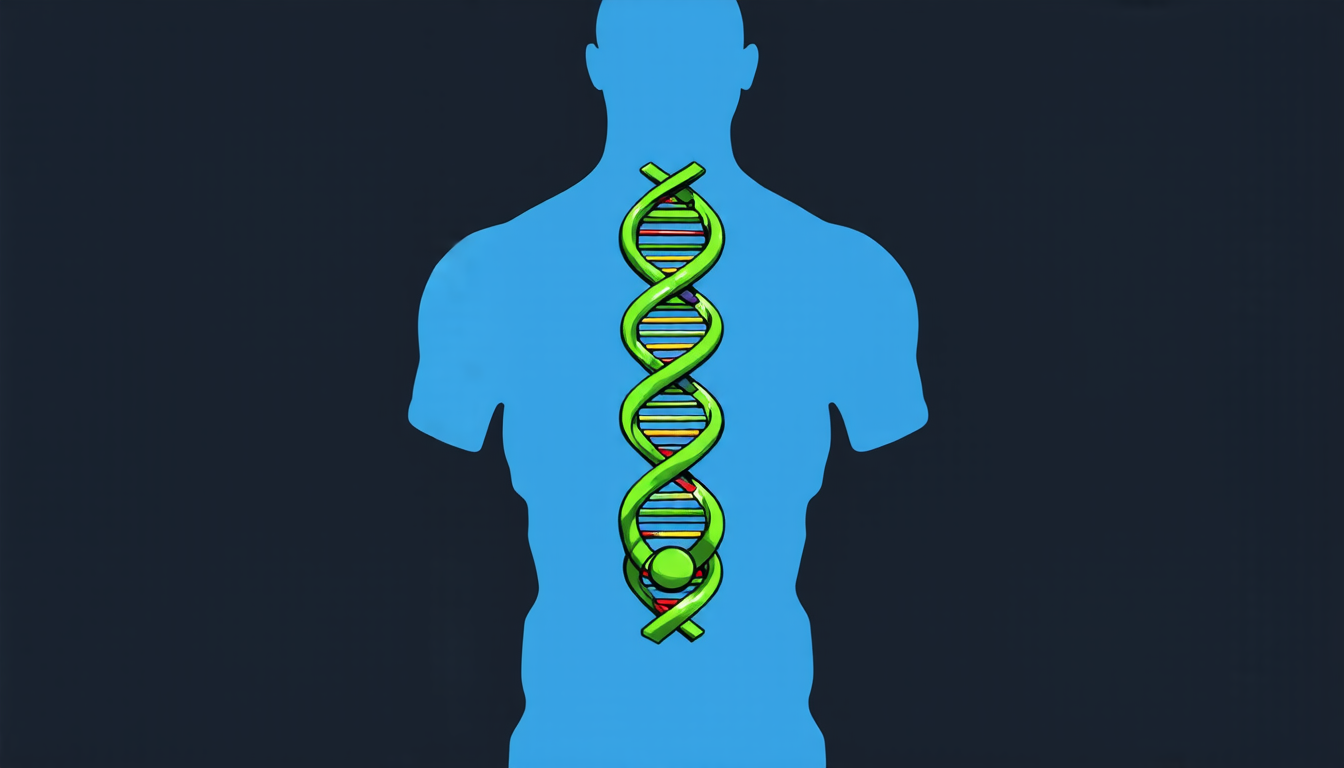Sunday 06 April 2025
Scientists have made a significant breakthrough in understanding how our genes work, by developing a new approach that uses artificial intelligence and machine learning techniques to analyze vast amounts of genetic data.
The new method, called PhyloGPN, is designed to identify which parts of our DNA are important for our health and wellbeing. This is because some genetic variations can increase the risk of diseases such as cancer, heart disease, and diabetes.
Traditional methods of analyzing genetic data have relied on statistical models that are based on historical patterns of evolution. However, these models are limited in their ability to capture the complexity of modern human populations, which have undergone significant changes over thousands of years.
PhyloGPN is different because it uses a machine learning algorithm to analyze genetic data and identify patterns that are specific to each individual. This allows researchers to pinpoint which genetic variations are associated with particular traits or diseases.
The approach has been tested on large datasets of genetic information from humans and other primates, including chimpanzees and gorillas. The results show that PhyloGPN is able to accurately identify genes that are important for human health, even when they are present in very small amounts.
One of the key benefits of PhyloGPN is its ability to analyze genetic data without relying on assumptions about how evolution has shaped our DNA over time. This means that researchers can study genetic variations from different populations and species, without worrying about whether their results will be biased by historical patterns of evolution.
The implications of this breakthrough are significant. For example, it could help us understand why some people are more susceptible to certain diseases than others. It could also lead to the development of new treatments for these conditions, by identifying genes that play a key role in their development.
Furthermore, PhyloGPN could be used to study genetic variations in other species, such as animals and plants. This could help us understand how evolution has shaped the diversity of life on Earth, and how we can conserve endangered species.
The researchers behind PhyloGPN are excited about its potential applications. They believe that it could revolutionize our understanding of human genetics and disease, and lead to new treatments for a range of conditions.
Overall, PhyloGPN represents a significant step forward in the field of genetic analysis, and has the potential to make a major impact on our understanding of human health and wellbeing.
Cite this article: “Unraveling the Genetic Code: A Phylogenetic Approach to Genomic Language Modeling”, The Science Archive, 2025.
Genetics, Artificial Intelligence, Machine Learning, Dna, Health, Wellbeing, Cancer, Heart Disease, Diabetes, Evolution







